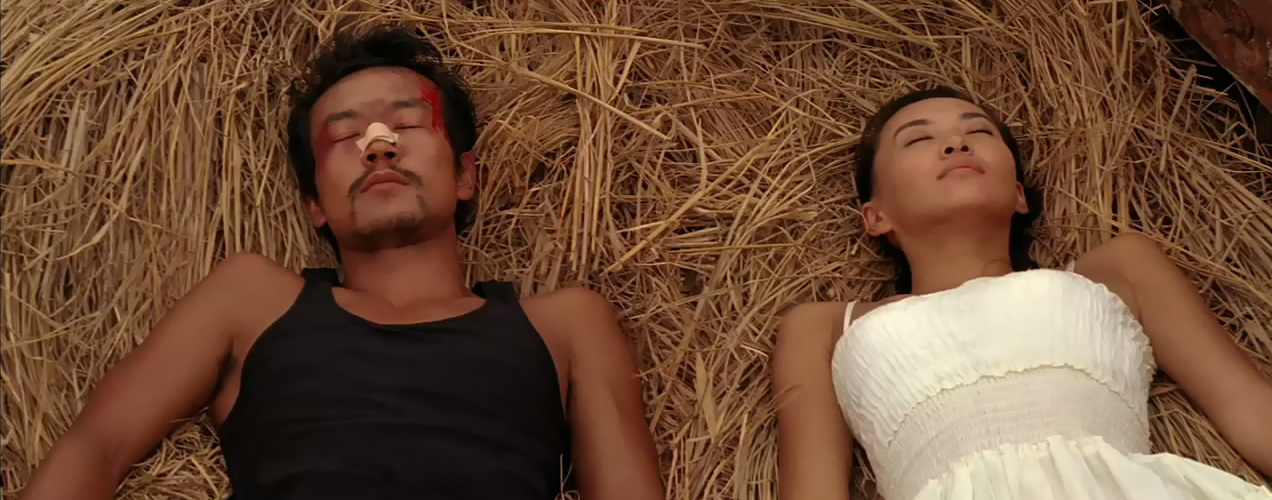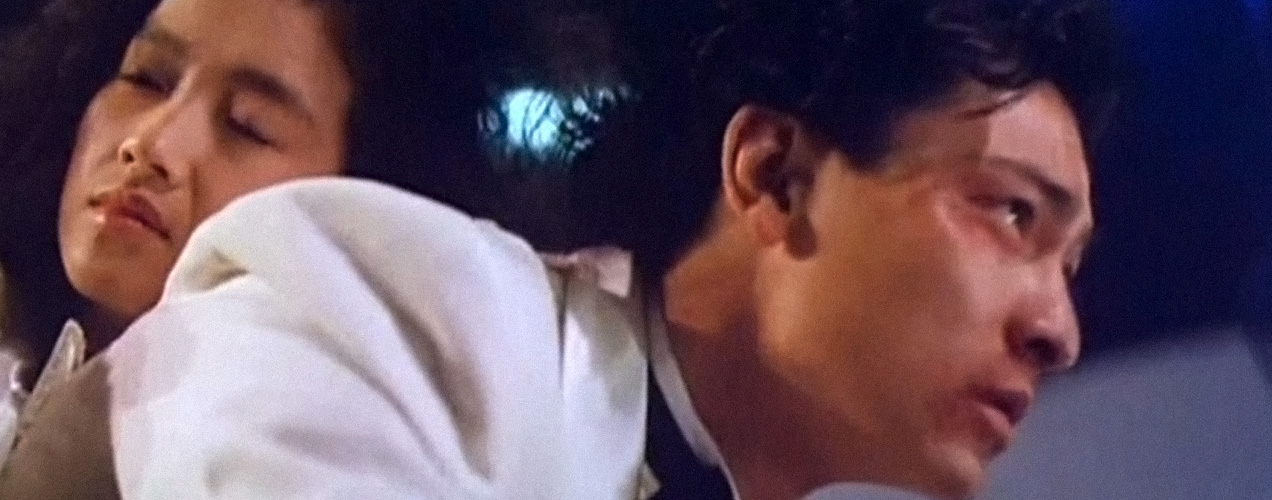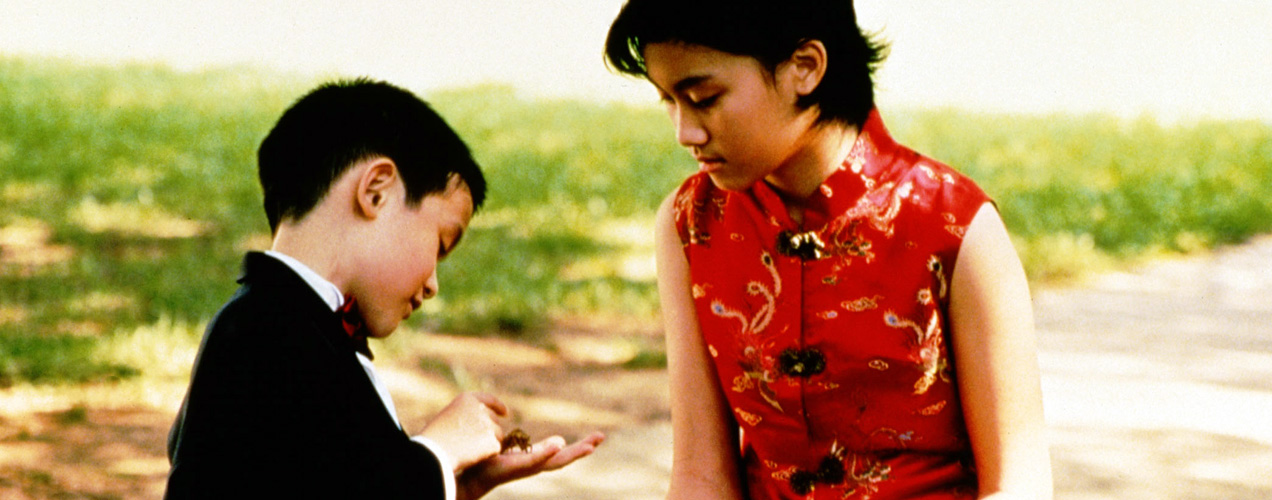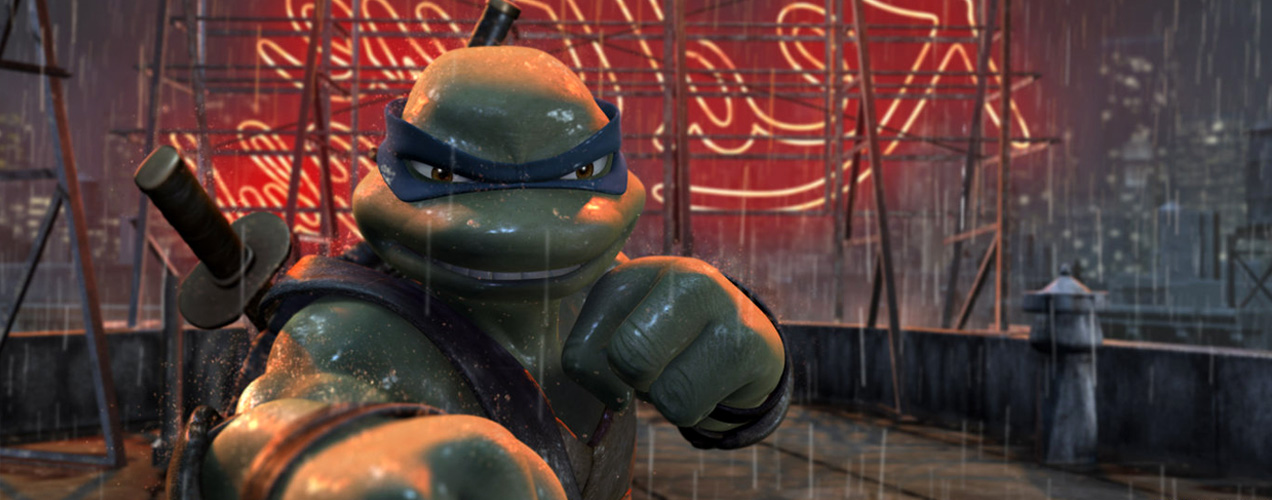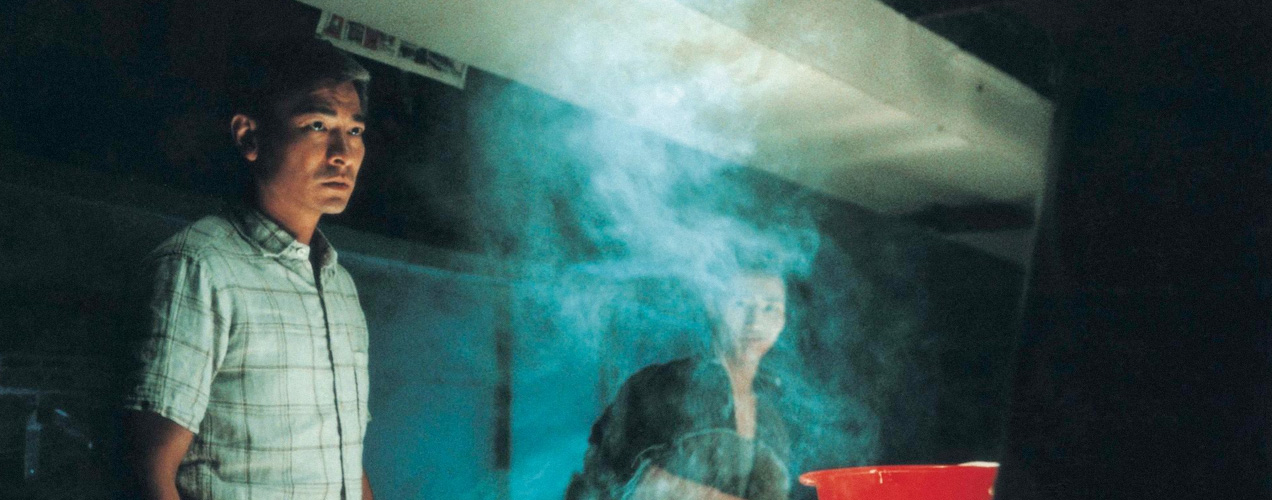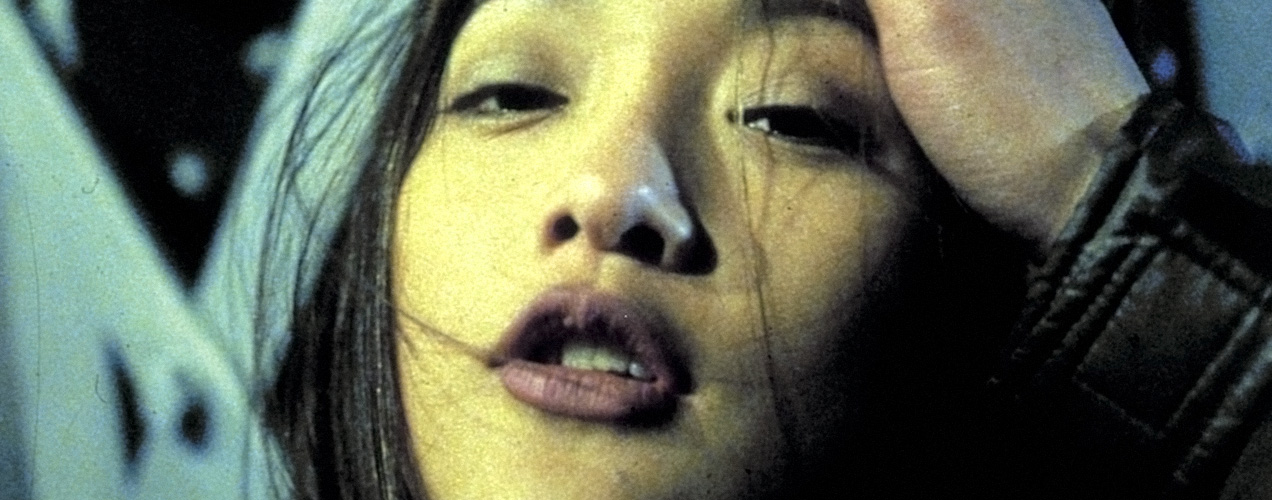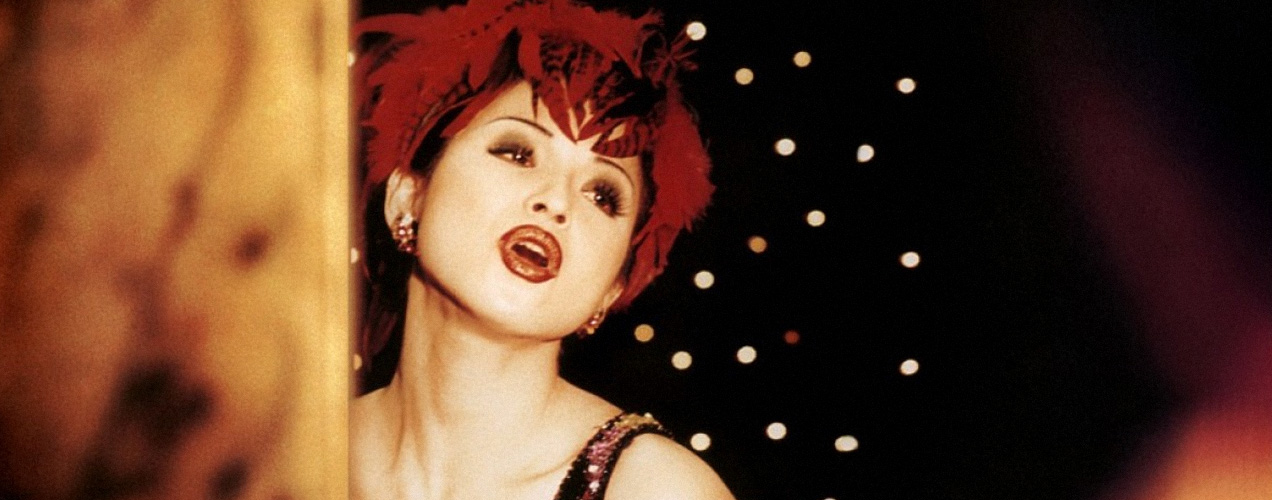 2008 / Johnnie To > As one of the most prolific directors working in cinema today, it’s nice to see To take a break from his more usual triad fare to try on a different hat. Sparrow is an elusive departure, with its visually stunning cinematography, matching moody music and a charming performance by the elegant Kelly Lin in telling the story of a gang of Hong Kong pickpockets falling for the wrong woman. It’s light, a bit airy and sometimes hard to resist, but is similarly fleeting in the mind of the viewer. There’s some drama thrown into the mix to give the film some semblance of a plot, but that’s really an afterthought. Consider it a treat, a simply joy from the director—especially after those vicious dogs in Election 2—before his venture into the global market with a remake of Jean-Pierre Melville’s Le Cercle Rouge.
2008 / Johnnie To > As one of the most prolific directors working in cinema today, it’s nice to see To take a break from his more usual triad fare to try on a different hat. Sparrow is an elusive departure, with its visually stunning cinematography, matching moody music and a charming performance by the elegant Kelly Lin in telling the story of a gang of Hong Kong pickpockets falling for the wrong woman. It’s light, a bit airy and sometimes hard to resist, but is similarly fleeting in the mind of the viewer. There’s some drama thrown into the mix to give the film some semblance of a plot, but that’s really an afterthought. Consider it a treat, a simply joy from the director—especially after those vicious dogs in Election 2—before his venture into the global market with a remake of Jean-Pierre Melville’s Le Cercle Rouge.


